Revenues fell with global oil prices, but higher export volumes through Ceyhan helped offset a pipeline leak that temporarily halted Basra Gulf tanker loadings.
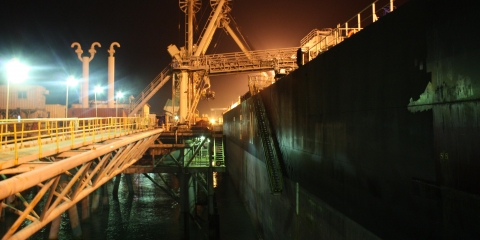
September exports steady as northern oil sales rebound



Revenues fell with global oil prices, but higher export volumes through Ceyhan helped offset a pipeline leak that temporarily halted Basra Gulf tanker loadings.
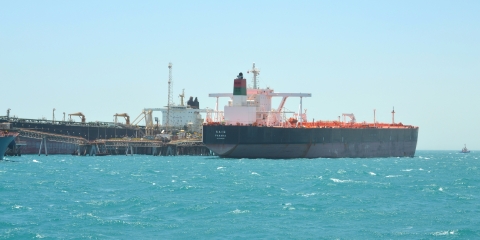

The country faced the worst monthly average oil price in more than two years, overshadowing increased output by both federal and Kurdistan oil sectors.
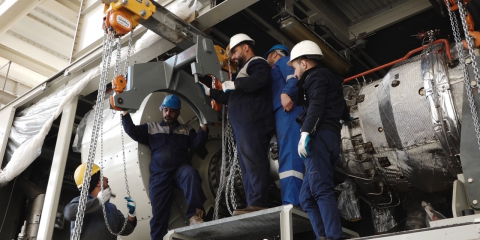

After a lower OPEC-plus quota appeared to dampen Iraqi exports in January, oil sales bounced back in February.
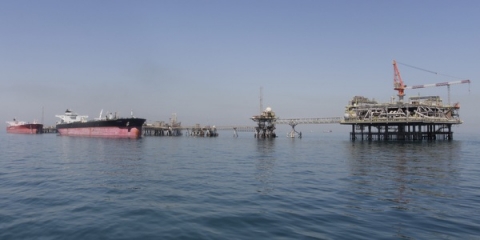

Initial data show record exports and bounce in oil price, garnering five-month high in revenues.
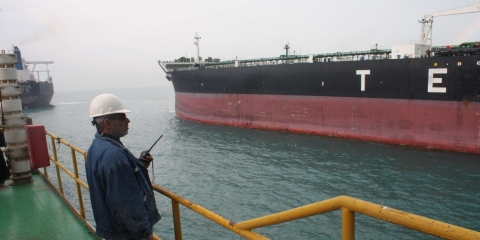

Federal Iraq's oil revenues hit a 10-month high in January, while the Kurdistan region's sales dipped slightly.
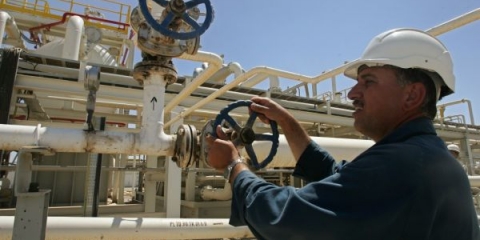

Iraq starts 2016 with its second-highest monthly export tally ever, but revenues drop along with the price of oil.


Iraqi oil exports jumped in August ahead of southern infrastructure repairs, just as Garraf begins production.
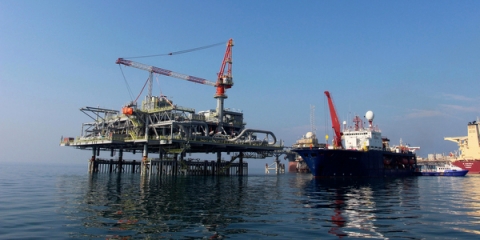

Iraq sold 2.98 million bpd in March – a 15 percent jump from February – increasing the cash-strapped government's monthly revenue by more than $1 billion.


Iraq's southern exports are increasing on the back of infrastructure upgrades, partially compensating for ongoing security problems in the north.
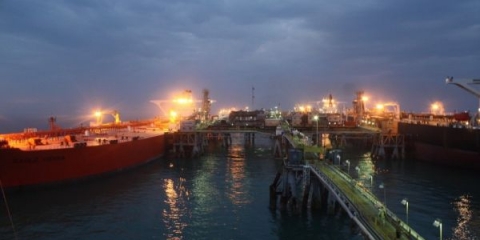

November oil sales have ticked up on higher oil prices and volumes, heading into uncertain new year with output expected to rise.


After months of infrastructure work, Iraq’s exports jumped by 551,000 bpd in February, with production set to rise even higher.
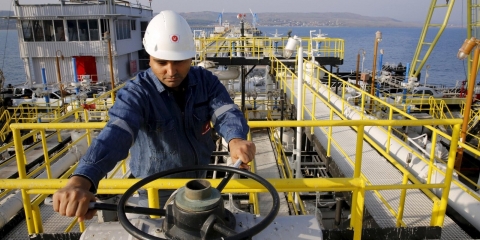

Thanks to surging global crude prices, Iraq generated its highest monthly oil export revenues since October 2018.


After steady declines in the fourth quarter of 2024, the new year started with a rise in production and modest gains in export volumes.
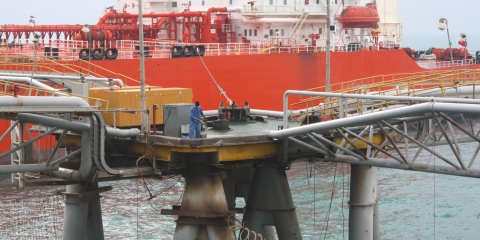

Nationwide exports hit their highest monthly average since May 2020.
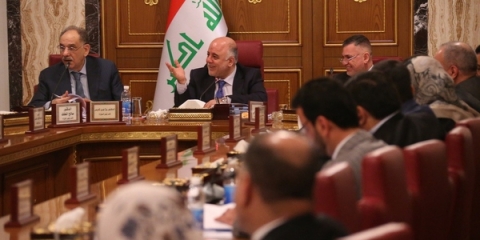

PM Abadi's draft budget seeks to balance the competing interests of a fractured polity while contending with a devastating drop in oil prices and a crippling legacy of fiscal mismanagement.
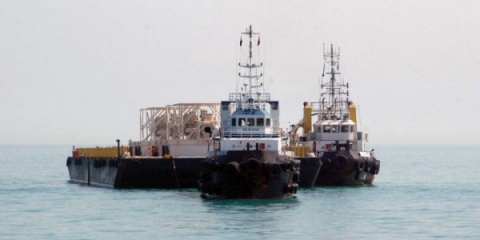

Oil sales climb again to records highs, as a new marketing structure and strengthening cooperation between Baghdad and Erbil spur growth.
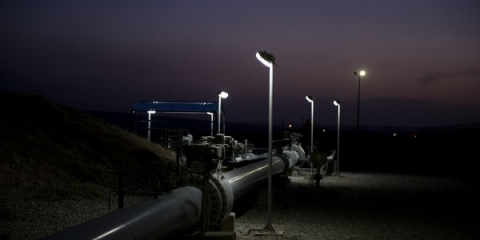

Oil exports from Iraq's federal government and Kurdistan region increased in May, taking advantage of a rising oil price.
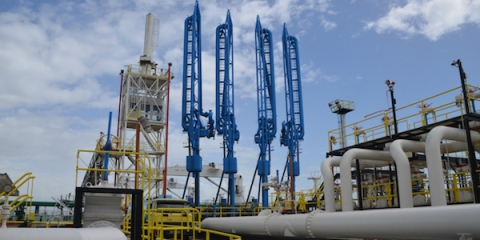

New MNR report confirms slump after attack, taking exports and revenue down with it, but a rebound is expected as the KRG starts implementing a new Erbil-Baghdad deal for Kirkuk crude.
Iraqi crude exports rose by an average of 20,000 barrels per day (bpd) in July from June – a slight increase, though far below expectations articulated by the Oil Ministry three weeks ago.
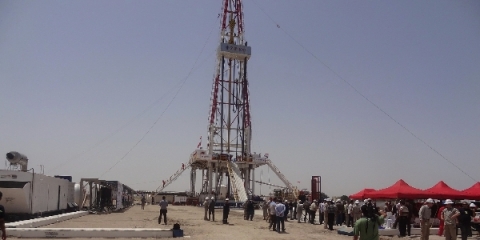

Oil sales through the northern pipeline were all but shut in due to sabotage, increasing Iraq's reliance on an expanding southern export system.
Iraq’s Oil Ministry must decide what next after putting eight oil and gas fields up for foreign oil investors.
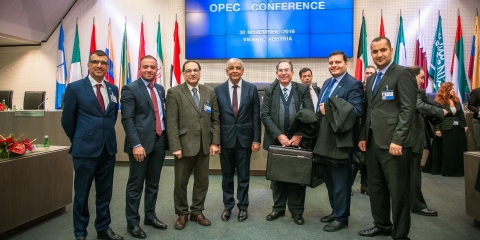

For the first time in decades, Baghdad is confronting the fiscally and politically fraught challenge of deciding how to cut oil production, following Wednesday's OPEC agreement.


Nationwide output fell by about 60,000 bpd, but appears set to rebound as Iraq's most prolific field recovers from a damaging fire.
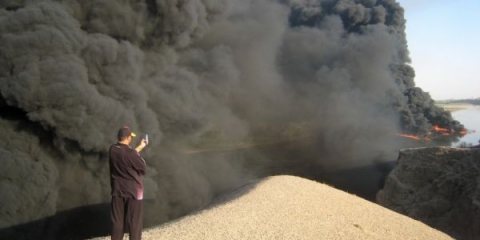

A strong rebound from a spate of successful and attempted attacks on the oil sector shows Iraqi security forces may be more capable than elected leaders.